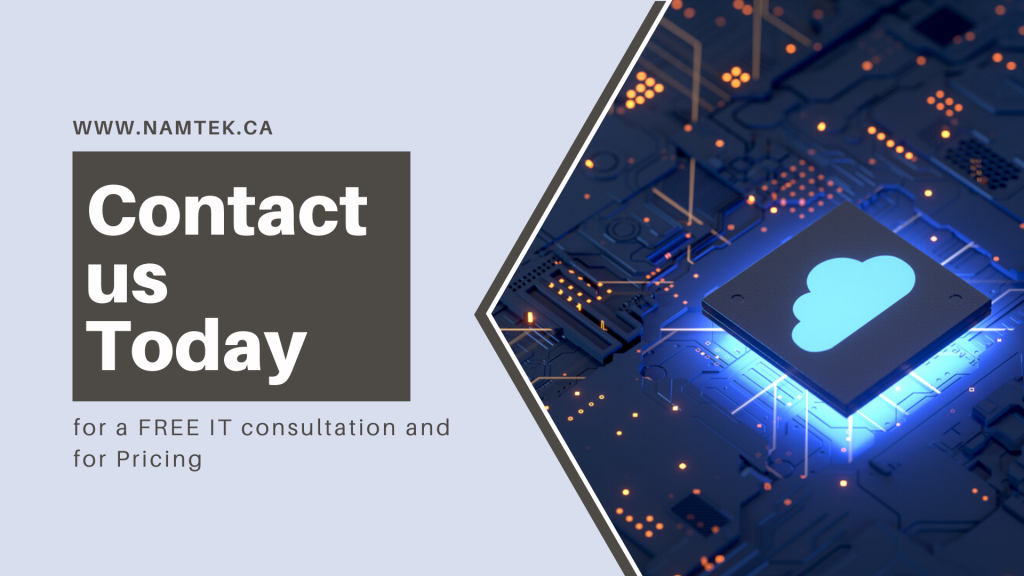These days many companies use managed cloud services to ensure that enterprise applications function optimally in a secure environment. This partnership between the company and the managed cloud service provider (called sometimes MSP or MCSP), ensures faster and more profitable achievement of business goals.
What is a Private Cloud?
A private cloud is an IT infrastructure dedicated to a single business or organization. There are several options for the physical location of a private cloud:
- On-site (that is, physically located on the territory of the company).
- Hosted by a third-party service provider (Data Center).
Thus, a private cloud is special in that all hardware and software are dedicated exclusively to one organization, and services and infrastructure are maintained on a private network.
What is a Public Cloud?

The public cloud is often used for test and development environments, online office applications, storage, and web-based email.
The public cloud is the type of cloud computing deployment where many companies share the same hardware, storage, and network devices at the same time. Public Cloud is provided by third-party providers such as Amazon or Microsoft Azure over the public Internet.Is a Private Cloud More Secure Than a Public Cloud?
A private cloud is definitely safer than a public cloud, however, a company or managed cloud service provider must ensure that the security system is reliable and up-to-date in order to take advantage of the benefits of a private cloud.
A private cloud provides many levels of security. First, private clouds are limited to specific physical machines, which makes physical security easier. They are located behind a firewall and accessible over private secure network connections such as a Secured VPN tunnel and not over the public Internet.
What is Managed Cloud Service?
Using a private cloud gives businesses greater control and security but requires a higher level of IT skills to manage. Therefore, many companies are turning to a Managed private cloud model that is operated by a third-party provider.
With managed cloud services, the company outsources the management, maintenance, and optimization of its IT infrastructure to a third-party cloud service provider. In this way, the third-party provider delivers all the necessary equipment and provides maintenance, support, and expertise.
According to most IT decision-makers, using the services of a managed cloud service provider is the best way to keep your cloud resources running efficiently and get a maximum Return on Investment (ROI).
If you want to learn more about Managed Cloud Services, click here.
Managed Services to Achieve Your Business Goals
Managed cloud services are an important step towards digital transformation and have many benefits. The service provider allows companies to more efficiently run workloads such as Oracle, SAP, or Dynamics and provides the following:
- Full control improved security.
- Easily predictable IT resource costs.
- Optimizes the performance of workloads.
- Improves business continuity and disaster recovery
- Increases the speed of application updates.
- Eliminates the need for equipment maintenance.
- Improves customer service.
- Allows you to release and reorient staff to more meaningful work, and in the absence of the necessary IT specialists, eliminates the need to hire new additional staff.
- Reduces the capital costs of the enterprise.
All these benefits of managed cloud services allow the business to achieve its strategic goals faster and easier.
NEXT STEPS:
For more information, please visit our EDI2XML Managed Cloud Services web page.
Request Managed Cloud Services Price here
Need to talk with IT specialist? Fill out the form here and our representative will get back to you shortly.


